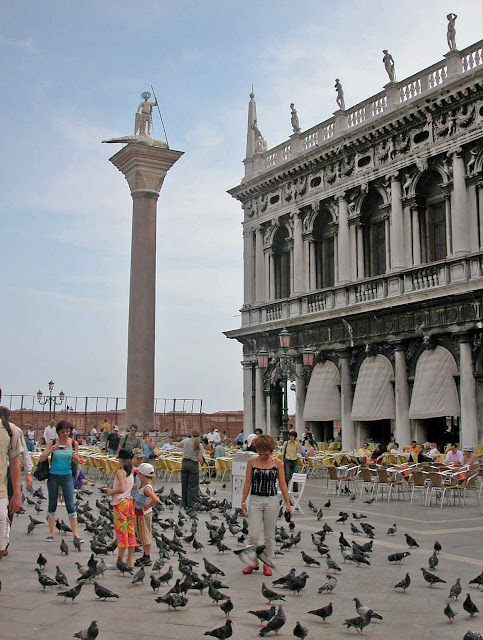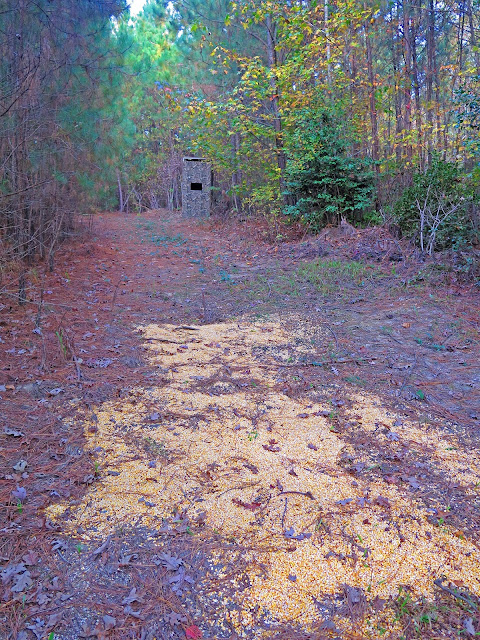There are changes that I have made to my budget to be a bit more proactive as a citizen. One of these was to take the half-price offer for digital versions of the New York Times which also includes a batch of free news magazines. Conservatives say it is liberal trash propaganda and liberals say it has become a corporate shill for backing down on hard hitting news against the conservative corporate machine. Thus far I am feeling if I support it (at $7.50 a month) I will at least get a year of news reading that is not as awful as television has become. It will give me news on everything and not just politics and I become the driver for time I want to read and what subjects I want to read, and since I do not have birds, I have no worry about newspapers to recycle. I can read it on all my electrical devices.
I most recently read a book review: "If Venice Dies" by Salvatore Settis. I visited Venice decades ago and was so impressed by its exotic decadence. I was a naive traveler at the time even though I had lived for some time outside the USA. I have just spent time looking for Italy photos from 2003, after slides and after prints and finally found them on a DVD!
The photos that I took were from an older low resolution digital camera...wish I had been able to do better!
Now for some text from the review in the NY Times:
"The beginning of Mr. Settis’s book is its own plague of terrifying facts and figures. Today, visitors outnumber Venetians by 140 to 1. If tourism development continues apace, the city center may soon have no residential lodging at all. Among the institutions that have closed since 2000 along the Grand Canal: the National Research Council, the Mediocredito bank, the transport authority, the local education agency, the German Consulate. Souvenir shops have replaced grocery stores. Luxury hotels have replaced medical offices.
“A tourist monoculture now dominates a city,” Mr. Settis writes, “which banishes its native citizens and shackles the survival of those who remain to their willingness to serve.”
There’s a depressing falsity to it all. The city has become a replica of itself. Epcot by way of Palladio. And the city is hostage to the tourism industry. Cruise ships blight the scenery, ravage the canals and disgorge their day trippers. Yet the governing class passively accepts it, “all in the name of a single reward: money.” What Venice desperately needs — which Mr. Settis doesn’t say until the penultimate page of his book — is a rehabilitation of its own industries, like fishing, and better infrastructure for a new creative class...
He devotes three chapters to lamenting the various simulacra of Venice around the world, including the Venetian Hotel in Las Vegas, which he fears are “corrupting the real Venice’s image of itself” by further reducing the city to caricature. The ultimate insult: a possible amusement park, Veniceland, on one of the islands in the Venetian Lagoon now dedicated to storing garbage. But will it happen? And if it did, would the resulting tragedy really be what he describes? “A fake Venice next to the real one, whereby the truth of the simulacrum shatters and engulfs the truth of history”?"
Interesting and depressing and enlightening all at the same time and I guess money and politics still raise their ugly heads.





















































